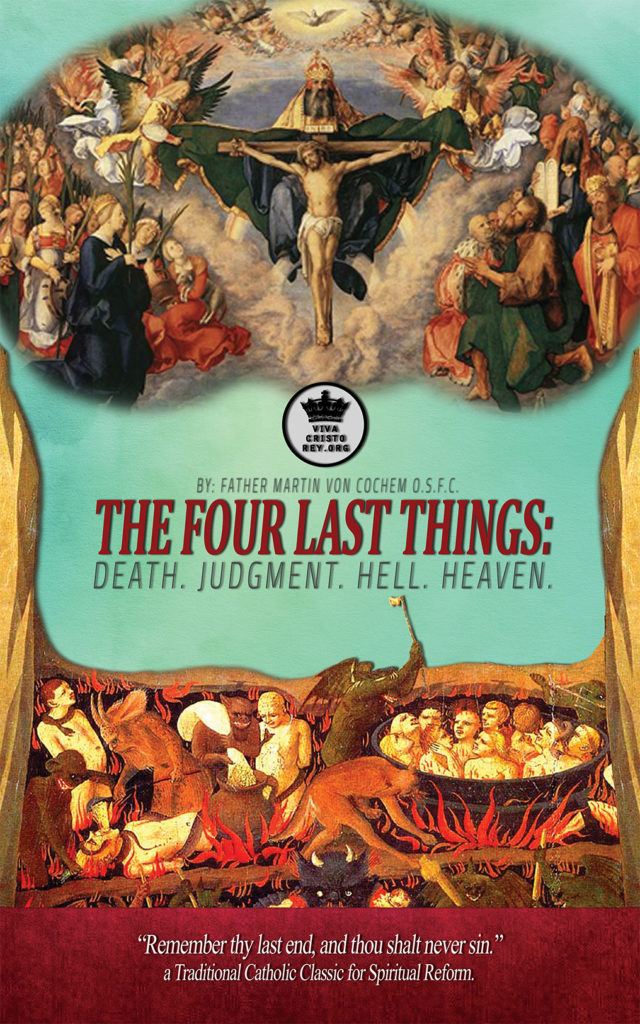Josias repaireth the temple. The book of the law is found, upon which they consult the Lord, and are told that great evils shall fall upon them, but not in the time of Josias.
[1] Josias was eight years old when he began to reign: he reigned one and thirty years in Jerusalem: the name of his mother was Idida, the daughter of Hadaia, of Besecath. [2] And he did that which was right in the sight of the Lord, and walked in all the ways of David his father: he turned not aside to the right hand, or to the left. [3] And in the eighteenth year of king Josias, the king sent Saphan the son of Assia, the son of Messulam, the scribe of the temple of the Lord, saying to him: [4] Go to Helcias the high priest, that the money may be put together which is brought into the temple of the Lord, which the doorkeepers of the temple have gathered of the people. [5] And let it be given to the workmen by the overseers of the house of the Lord: and lot them distribute it to those that work in the temple of the Lord, to repair the temple: [6] That is, to carpenters and masons, and to such as mend breaches: and that timber may be bought, and stones out of the quarries, to repair the temple of the Lord. [7] But let there be no reckoning made with them of the money which they receive, but let them have it in their power, and in their trust. [8] And Helcias the high priest said to Saphan the scribe: I have found the book of the law in the house of the Lord: and Helcias gave the book to Saphan, and he read it. [9] And Saphan the scribe came to the king, and brought him word again concerning that which he had commanded, and said: Thy servants have gathered together the money that was found in the house of the Lord, and they have given it to be distributed to the workmen, by the overseers of the works of the temple of the Lord. [10] And Saphan the scribe told the king, saying: Helcias the priest hath delivered to me a book. And when Saphan had read it before the king, [11] And the king had heard the words of the law of the Lord, he rent his garments. [12] And he commanded Helcias the priest, and Ahicam the son of Saphan, and Achobor the son of Micha, and Saphan the scribe, and Asaia the king’s servant, saying: [13] Go and consult the Lord for me, and for the people, and for all Juda, concerning the words of this book which is found: for the great wrath of the Lord is kindled against us, because our fathers have not hearkened to the words of this book, to do all that is written for us. [14] So Helcias the priest, and Ahicam, and Achobor, and Saphan, and Asaia went to Holda the prophetess the wife of Sellum the son of Thecua, the son of Araas keeper of the wardrobe, who dwelt in Jerusalem in the Second: and they spoke to her. [15] And she said to them: Thus saith the Lord the God of Israel: Tell the man that sent you to me: [16] Thus saith the Lord: Behold, I will bring evils upon this place, and upon the inhabitants thereof, all the words of the law which the king of Juda hath read: [17] Because they have forsaken me, and have sacrificed to strange gods, provoking me by all the works of their hands: therefore my indignation shall be kindled against this place, and shall not be quenched. [18] But to the king of Juda, who sent you to consult the Lord, thus shall you say: Thus saith the Lord the God of Israel: Forasmuch as thou hast heard the words of the book, [19] And thy heart hath been moved to fear, and thou hast humbled thyself before the Lord, hearing the words against this place, and the inhabitants thereof, to wit, that they should become a wonder and a curse: and thou hast rent thy garments, and wept before me, I also have heard thee, saith the Lord: [20] Therefore I will gather thee to thy fathers, and thou shalt be gathered to thy sepulchre in peace, that thy eyes may not see all the evils which I will bring; upon this place.Commentary
[8] “The book of the law”: That is, Deuteronomy. [14] “The Second”: A street, or part of the city, so called; in Hebrew, Massem.Note: Books III and IV of Kings, in some versions of the Bible are called Books I and II of Kings, since the two books that precede them are sometimes called Books of Samuel. These four books of kings continuously recount the historical events they relate, so it is useful to consider them as a group of 4 consecutive books.
To advance in your spiritual reform, kindly consider the profound meditations and pious lessons from the book:

TITLE: The Four Last Things: Death. Judgment. Hell. Heaven. “Remember thy last end, and thou shalt never sin.” a Traditional Catholic Classic for Spiritual Reform.
AUTHOR: Father Martin Von Cochem
EDITOR: Pablo Claret
Get it as a PAPERBACK:
vcrey.com/4-last-things-book
Get it as an AUDIOBOOK:
vcrey.com/4-last-things-audiobook
See our catalogue of Catholic books and audiobooks:
https://vivacristorey.org/en/catalogue/
